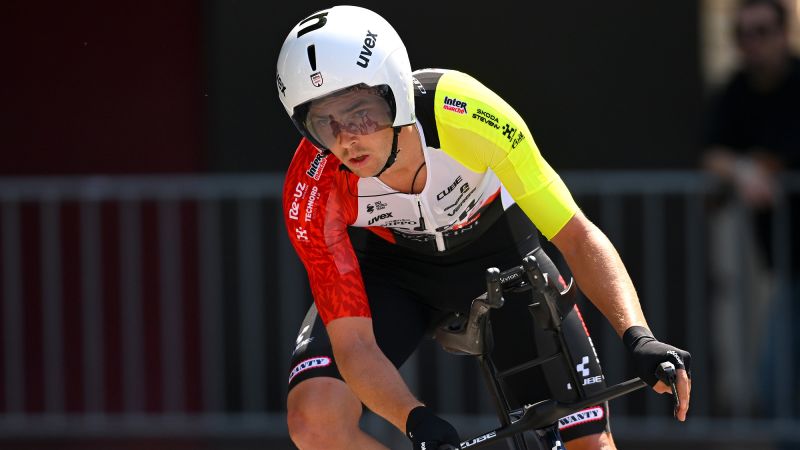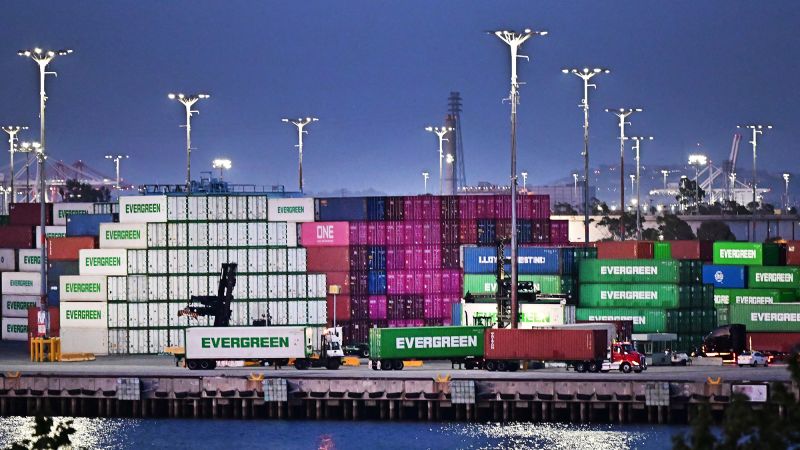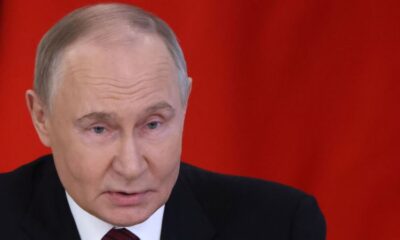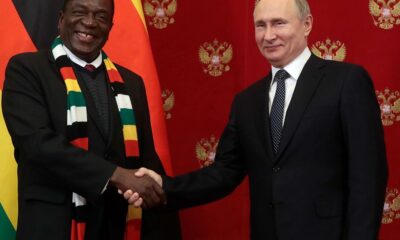London
CNN
—
Britain will toughen its requirements for legal migrants and extend the wait for newcomers to claim citizenship, Prime Minister Keir Starmer said Monday, announcing a slew of policy changes as he resists a political barrage from the country’s emboldened populist right.
Immigrants will now have to wait up to 10 years before they can seek to become British citizens – raised from five years – and requirements surrounding their skills level and proficiency in English will be raised, Starmer said, policies aimed at finally reversing a years-long increase in legal migration to Britain.
“This plan means migration will fall – that’s a promise,” Starmer said, declaring an end to what he called a “one-nation experiment in open borders.” He chastised the previous Conservative government for its record on migration, saying “the damage it has done to our country is incalculable.”
His intervention accompanied a long-awaited white paper on migration, but its timing was no coincidence; it comes less than two weeks after a round of local elections that were decisively won by Nigel Farage’s populist Reform UK party, an anti-immigration bloc, reflecting a sustained increase in support for the party in opinion polls.
Starmer adopted a tone more commonly associated with Farage during his Monday morning press conference in Downing Street, saying Britain risked becoming an “island of strangers” without tough reform.
More than 700,000 more people entered the UK legally than left it last year, according to government figures for the year up to June 2024, a figure strikingly higher than either dominant party in British politics had ever intended to allow. The increase has added to the already high demand for housing and on Britain’s public services, but it has also created an avenue for foreign workers to staff the country’s chronically undermanned health care system.
Under the new plans, Starmer sought to toughen rules without shutting off those pipelines. The number of years before a migrant can apply for citizenship was doubled to 10, but people who contribute significantly to society, such as doctors, nurses and engineers, could be fast-tracked through the process.
A higher level of English language skills will be required for all immigrants, and graduates will be allowed to remain in the UK for 18 months after their degrees end, down from two years.
Overseas recruitment of social care workers will also end, a move that brings with it the threat of disruption to a sector that successive governments have tried and failed to modernize.
Farage criticized the announcement on Monday, calling Starmer “a hypocrite who believes in open borders.”
But the government will hope its proposal takes the sting out of a surge in support for the right-wing party, which is taking away votes from both Labour and the Conservatives with a sharply anti-migration message.
Starmer has separately attempted to toughen his party’s rhetoric on illegal migration, but the number of people crossing the English Channel on small boats is higher so far this year than it was in 2024, a political gift to Farage’s party.



























